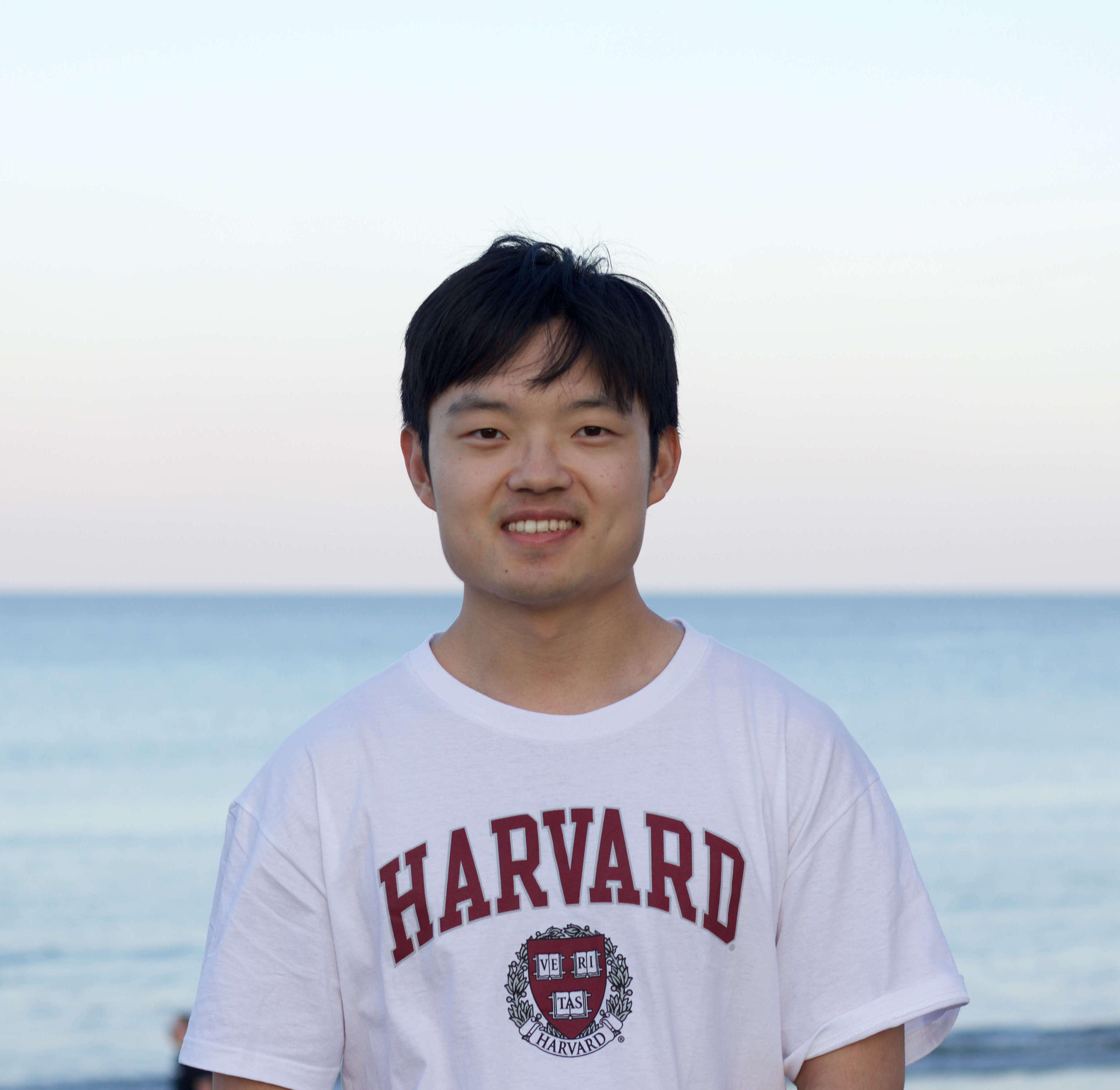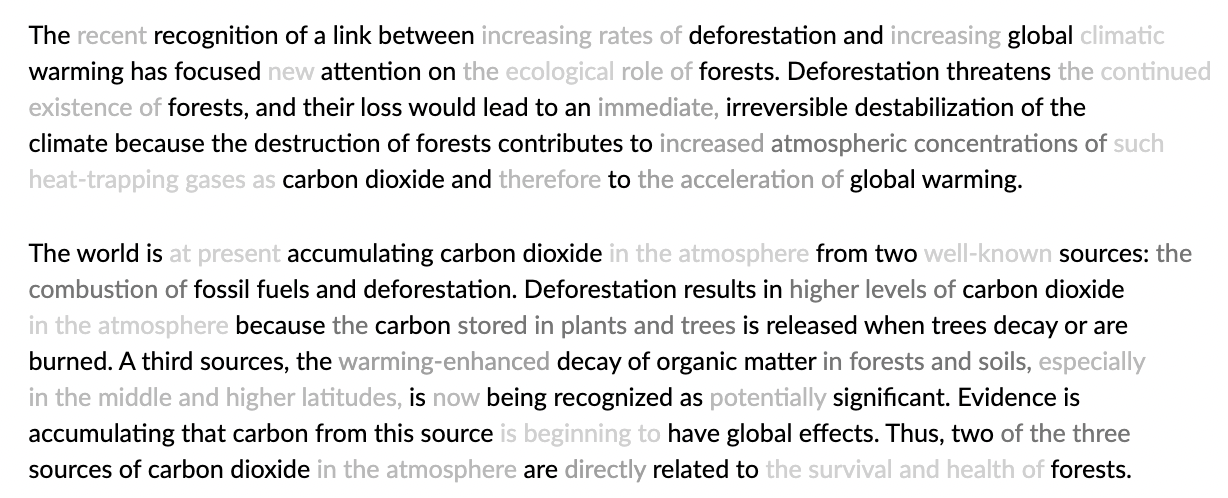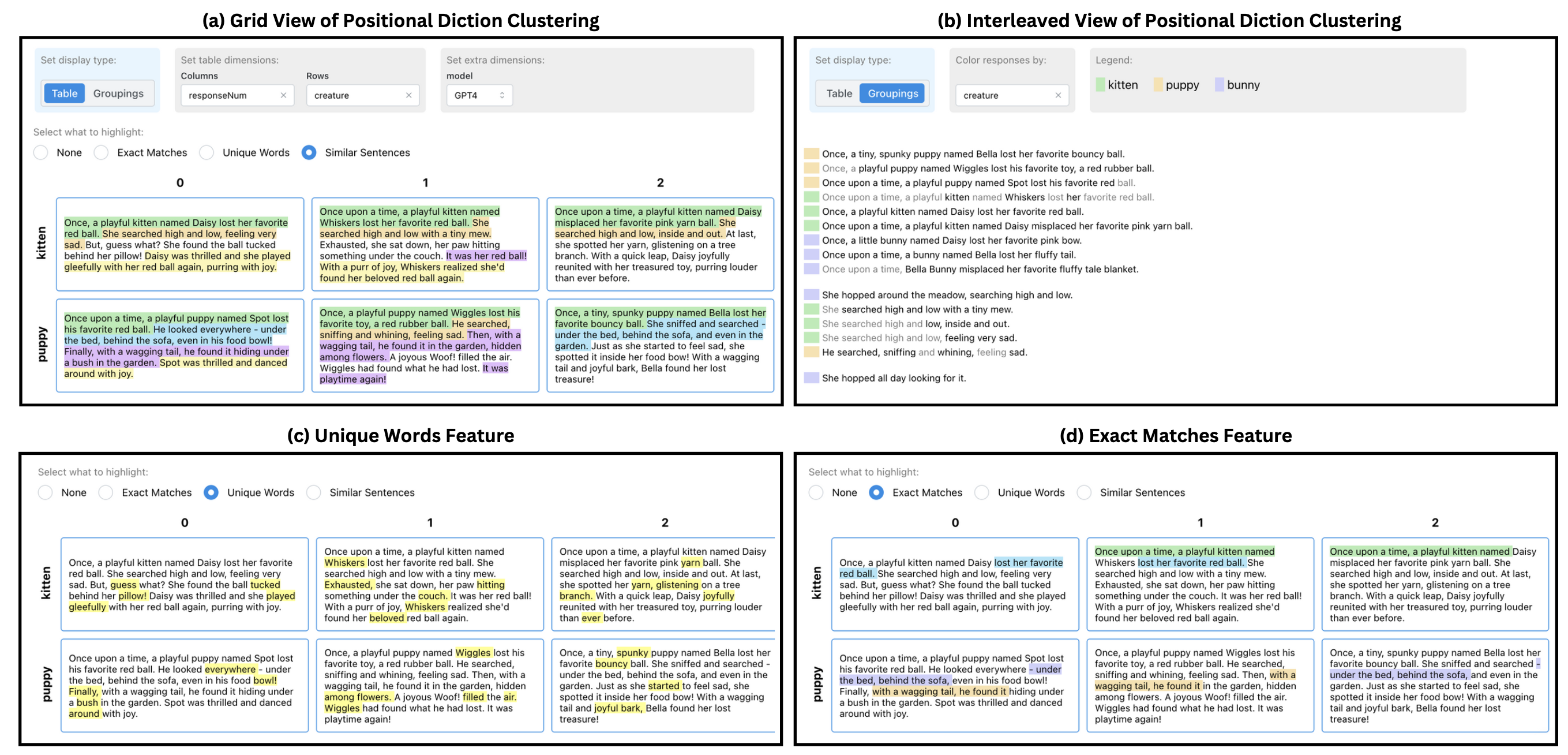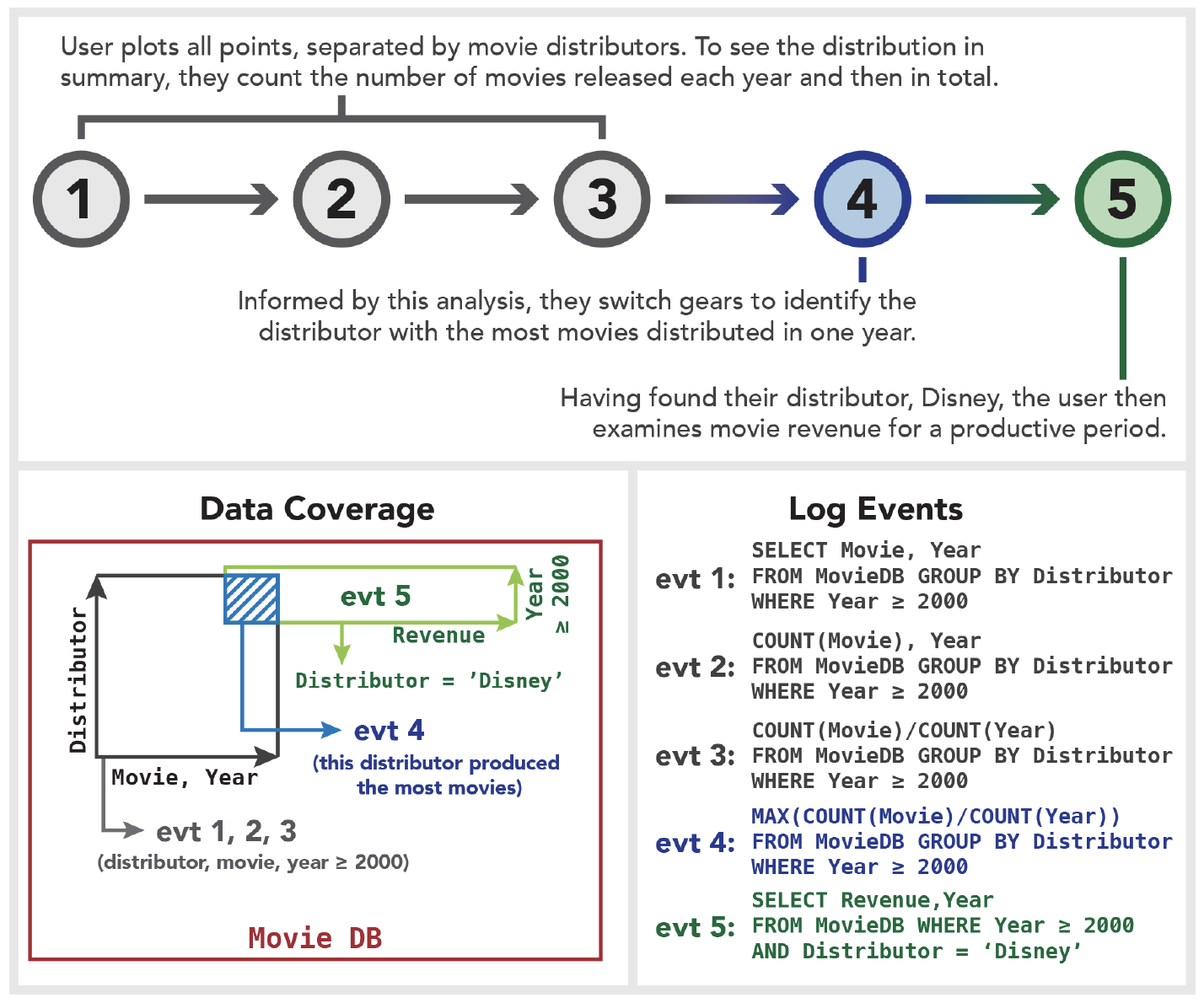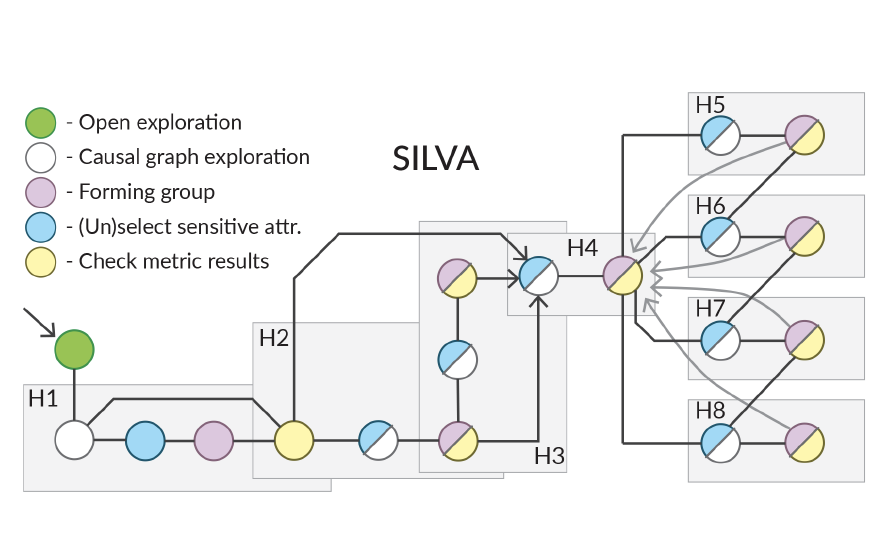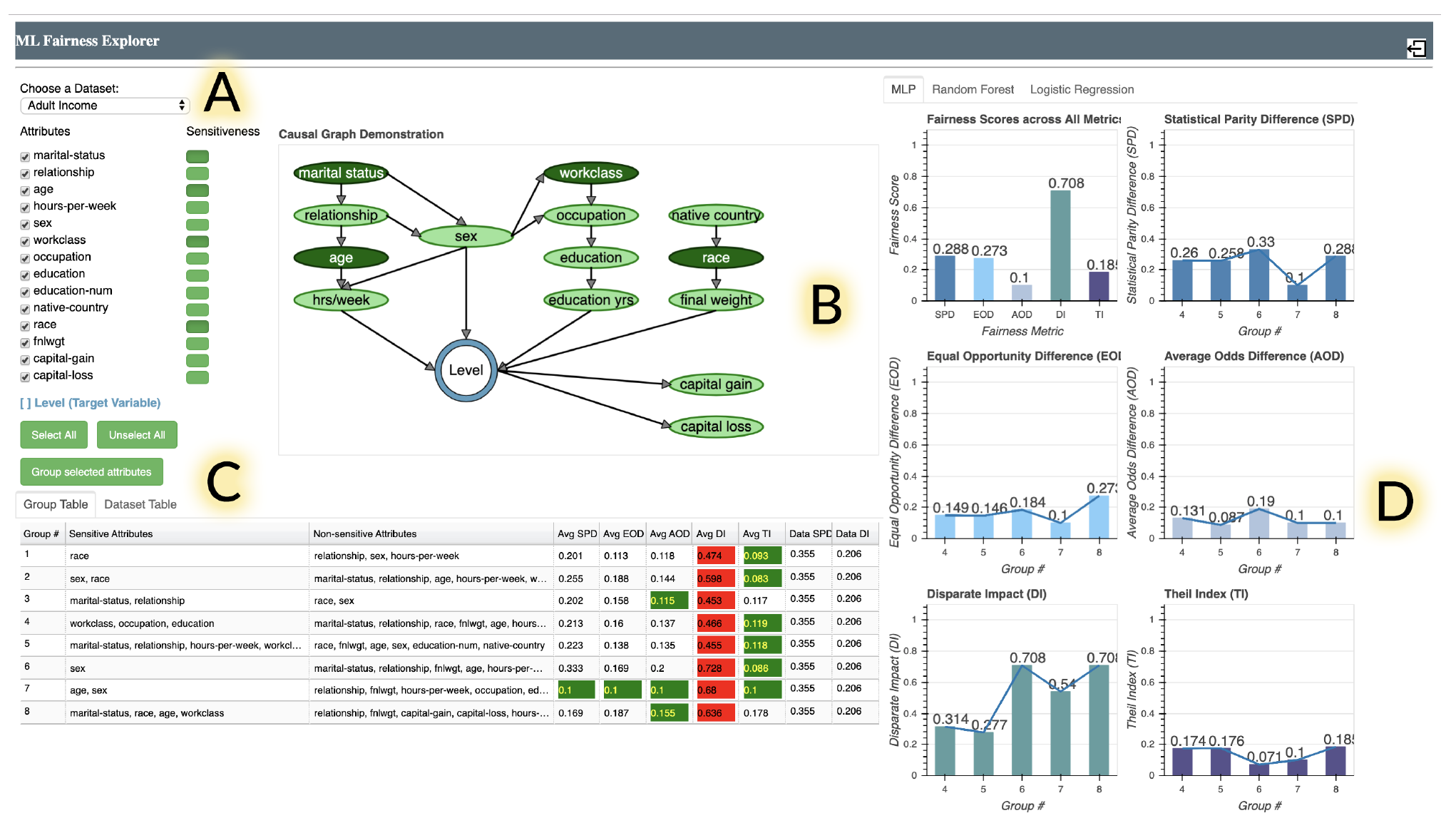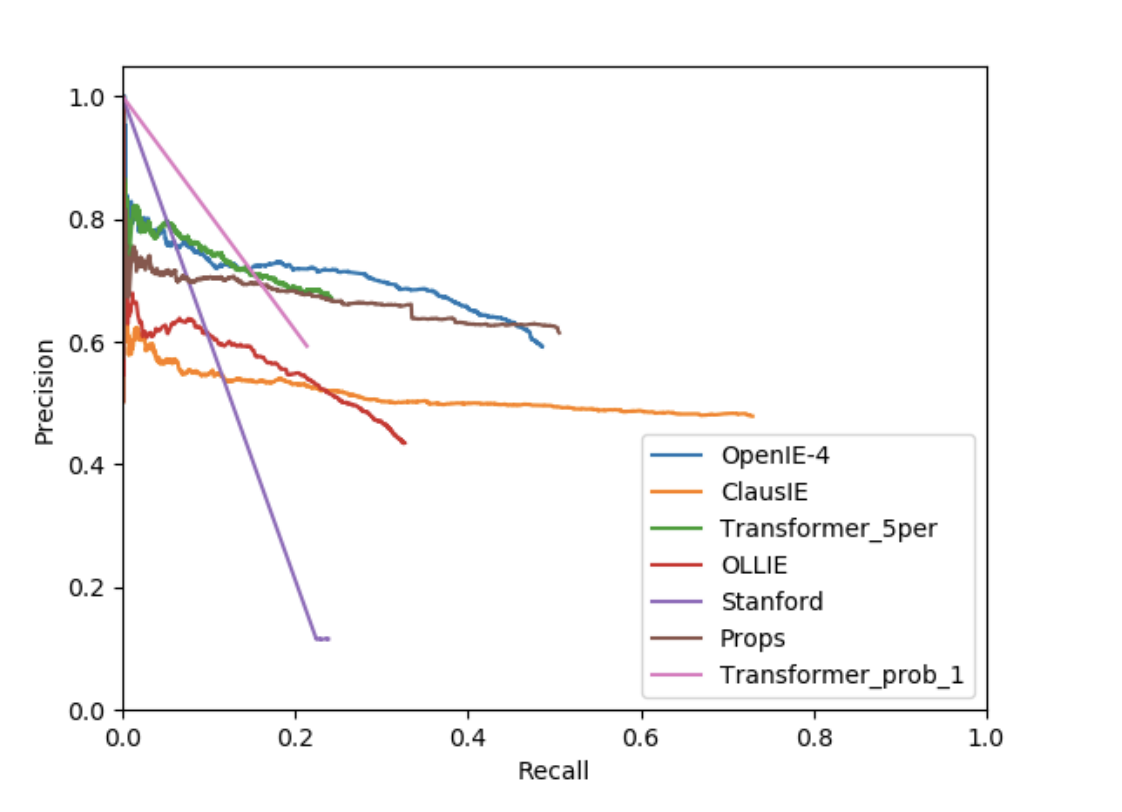Hi, I'm Ziwei.
I am a fourth-year Ph.D. student in Computer Science at Harvard University, advised by Dr. Elena Glassman.
Currently, my research focuses on augmenting human cognition and efficiency by leveraging large language models (LLMs) and interactive techniques, aiming to ensure that potential AI errors can be easily noticed, judged, and recovered from, a concept I formalize as AI-resiliency.
Before coming to Harvard, I graduated with a bachelors in Mathematics and Computer Science (December 2020) and masters in Computer Science (May 2021) from Cornell University.
|
|
|
AbstractExplorer: Leveraging Structure-Mapping Theory to Enhance Comparative Close Reading at Scale
Ziwei Gu,
Joyce Zhou,
Ning-Er (Nina) Lei,
Jonathan K. Kummerfeld,
Mahmood Jasim,
Narges Mahyar,
Elena L. Glassman
UIST 2025
paper
/
video
Reading documents is too cognitively demanding to do at scale. But what if the documents share a common structure? We design a system that enables comparative close reading of similarly structured documents at scale.
|
|
|
Why Do Skimmers Perform Better with Grammar-Preserving Text Saliency Modulation (GP-TSM)? Evidence from an Eye Tracking Study
Ziwei Gu,
Owen Raymond,
Naser Al Madi,
Elena L. Glassman
CHI 2024 Late Breaking Work
paper
/
video
Through an eye-tracking study, we uncover unique gaze patterns when people read with GP-TSM, an LLM-powered reading support tool, and explain how it shapes the reading experience.
|
|
|
An AI-Resilient Text Rendering Technique for Reading and Skimming Documents
Ziwei Gu,
Ian Arawjo,
Kenneth Li,
Jonathan K. Kummerfeld,
Elena L. Glassman
CHI 2024
paper
/
video
Reading is challenging. AI summaries can be helpful but also unreliable. We design an LLM-powered technique that enhances reading efficiency while making readers resilient to errors in summaries.
|
|
|
Supporting Sensemaking of Large Language Model Outputs at Scale
Katy Ilonka Gero,
Chelse Swoopes,
Ziwei Gu,
Jonathan K. Kummerfeld,
Elena L. Glassman
CHI 2024
Honorable Mention Award
paper
Large language models (LLMs) are capable of generating multiple responses to a single prompt. In this paper, we explore how to present many LLM responses at once to support sensemaking at scale.
|
|
|
Tessera: Discretizing Data Analysis Workflows on a Task Level
Jing Nathan Yan,
Ziwei Gu,
Jeffrey M Rzeszotarski
CHI 2021
paper
/
video
/
slides
Interaction logs are useful but can be extremely complex. We break down event logs into goal-directed segments to make it easier to understand user workflow.
|
|
|
Understanding User Sensemaking in Machine Learning Fairness Assessment Systems
Ziwei Gu,
Jing Nathan Yan,
Jeffrey M Rzeszotarski
WWW 2021
paper
/
video
/
slides
How do core design elements of debiasing systems shape how people reason about biases? We find distinctive sensemaking patterns for different systems through a think-aloud study.
|
|
|
Silva: Interactively Assessing Machine Learning Fairness Using Causality
Jing Nathan Yan,
Ziwei Gu,
Hubert Lin,
Jeffrey M Rzeszotarski
CHI 2020
paper
/
short video
/
long video
/
slides
We present Silva, an interactive tool that utilizes a causal graph linked with quantitative metrics to help people find and reason about sources of biases in datasets and machine learning models.
|
|
